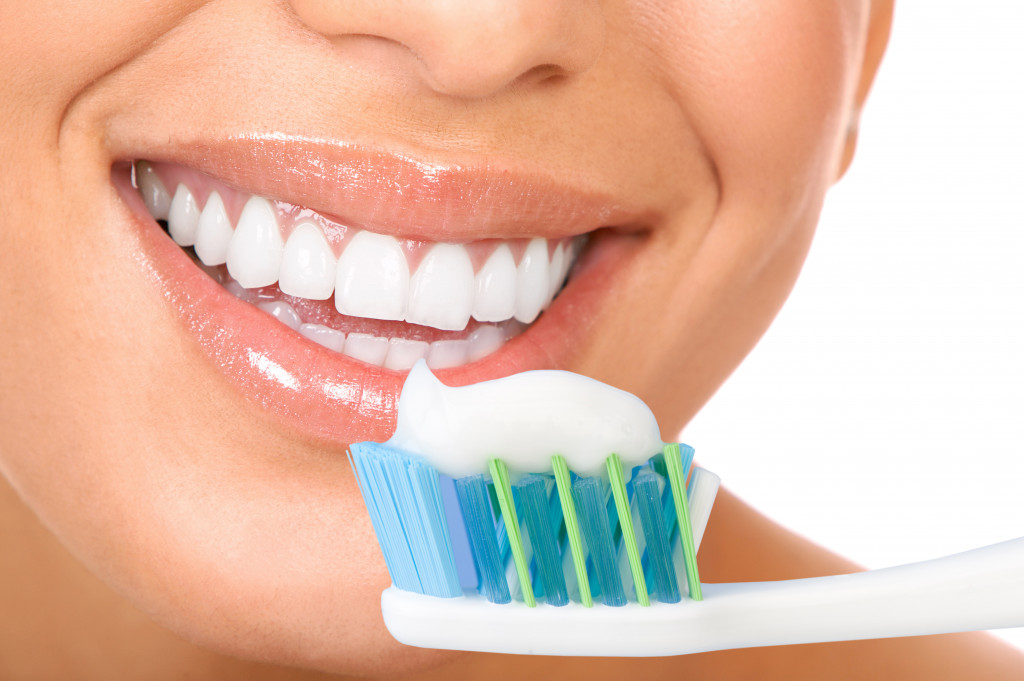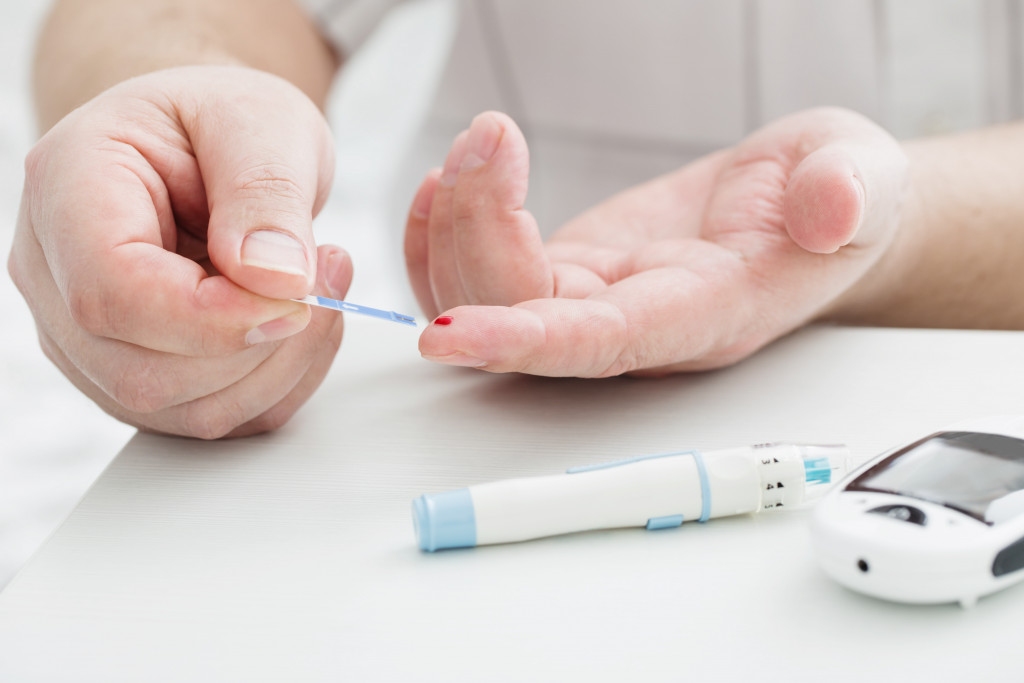Tooth decay is a severe problem that can cause pain and expensive dental bills. However, there are some things you can do to reduce your risk of tooth decay. This article will share some tips for doing just that. By following these tips, you can keep your teeth healthy and avoid the pain and expense of tooth decay.
Straighten your teeth
One of the best things you can do to prevent tooth decay is to straighten your teeth with orthodontic treatment. Straightening teeth makes it easier to keep your gums and teeth healthy since crowded and crooked teeth make brushing and flossing difficult. An orthodontist can help you find a personalized solution for your orthodontic needs and help you keep your teeth healthy and free from decay.
When choosing an orthodontist, it is essential to do your research. Orthodontists can specialize in various areas, such as pediatric orthodontics, adult orthodontics, or cosmetic orthodontics. Finding an orthodontist who specializes in the type of treatment you need is essential.
It would be best if you also asked friends and family for recommendations. Orthodontists often have patient referral programs, so you may get a discount on your treatment by referring a friend or family member.
Finally, be sure to visit several orthodontists before making a decision. This will allow you to compare prices and treatment options.
Brush your teeth twice a day with fluoride toothpaste.

Many people are unaware of the importance of brushing their teeth twice daily with fluoride toothpaste. Fluoride is a mineral that helps to protect teeth from decay. When used regularly, it can help to reduce the risk of cavities and other tooth problems.
Furthermore, fluoride toothpaste prevents cavities more effectively than regular toothpaste. For these reasons, it is vital to make sure that you brush your teeth twice a day with fluoride toothpaste. If you cannot do so, you should consider using a mouthwash containing fluoride.
Floss daily.
Brushing your teeth is vital to keeping your mouth healthy, but it’s not the only thing you need to do. It would be best if you also floss every day. Flossing helps remove food and plaque between your teeth, which your toothbrush can’t reach.
This reduces the risk of tooth decay, which can lead to cavities and other oral health problems. When you floss, be sure to use a gentle back-and-forth motion. Avoid sawing the floss into your gums, as this can irritate them. Instead, focus on using the floss to clean the sides of your teeth.
Eat a balanced diet.
A balanced diet is important for many reasons. It can help you maintain a healthy weight, have more energy, and reduce the risk of tooth decay. When it comes to your oral health, what you eat can have a direct impact on your teeth and gums.
Cavity-causing bacteria love sugar, so sugary snacks and drinks should be limited. Acidic foods can also erode tooth enamel, so it’s crucial to brush soon after eating them. On the other hand, foods high in calcium and phosphorus can help to strengthen tooth enamel.
Visit your dentist regularly for checkups and cleanings.
Scheduling regular dental appointments are essential for keeping your mouth healthy. During a checkup, the dentist will examine the teeth and gums for any signs of problems. If they notice any areas of concern, they may recommend further treatment.
The purpose of brushing teeth is twofold: to get rid of any plaque or tartar buildup and to prevent tooth decay or gum disease. It is essential to visit the dentist every six months for a checkup and cleaning. However, you may need to see them more often if you have a history of dental problems.
Drink plenty of water.
Water helps to wash away food particles and bacteria, keeping your mouth clean and healthy. It also helps to keep your teeth and gums hydrated, which reduces the risk of cavities.
In addition, water helps to flush away food particles and plaque, keeping the teeth clean. You must drink eight glasses of water per day for optimal dental health.
Drinking plenty of water helps to increase saliva production. This is important because saliva helps to keep the mouth healthy and free of bacteria. Saliva is an integral part of oral health. It helps to clean the teeth and gums, and it also contains enzymes that help to break down food.
Saliva also contains fluoride, which helps to protect teeth from decay. It also helps to increase the pH levels in the mouth, discouraging the growth of cavity-causing bacteria.
Tooth decay is a significant issue, but there are preventive measures you can take to decrease your chances of developing it. Use these tips to keep your teeth healthy, avoid tooth decay, and save money on dental bills.



